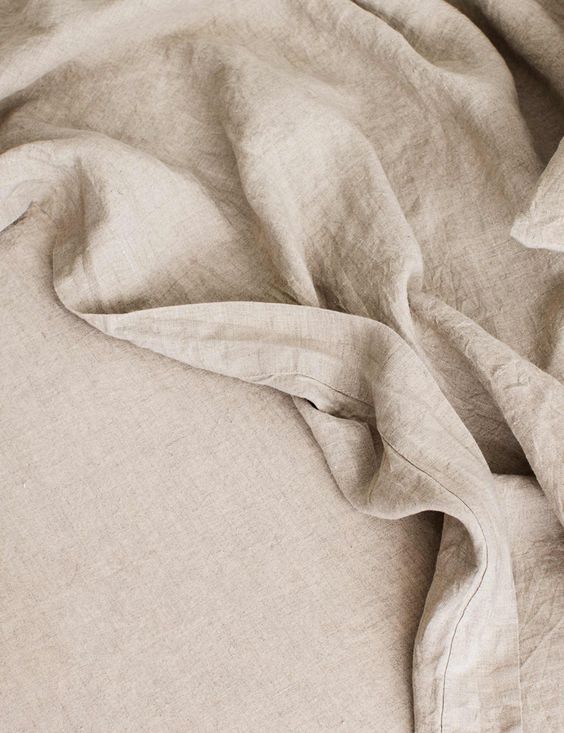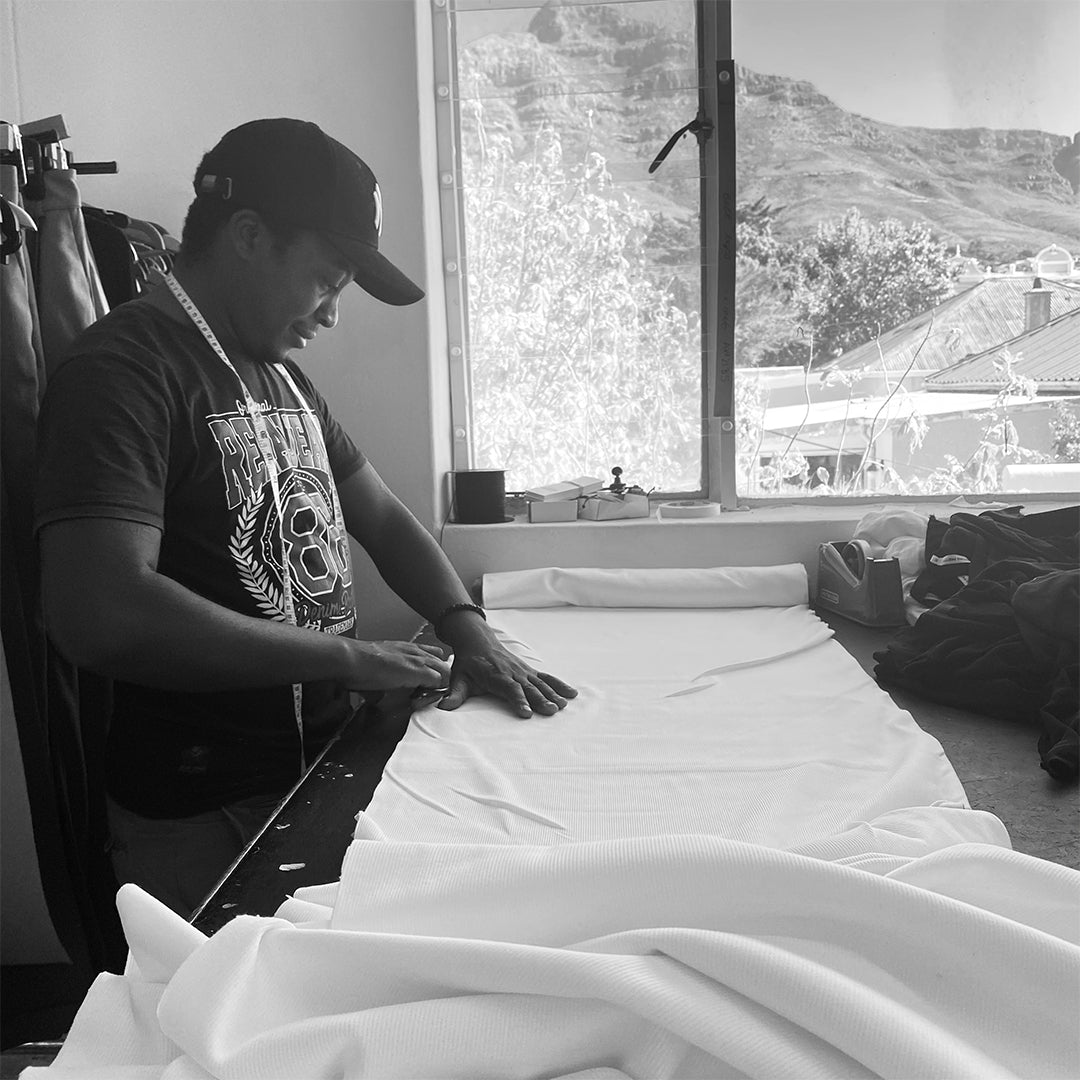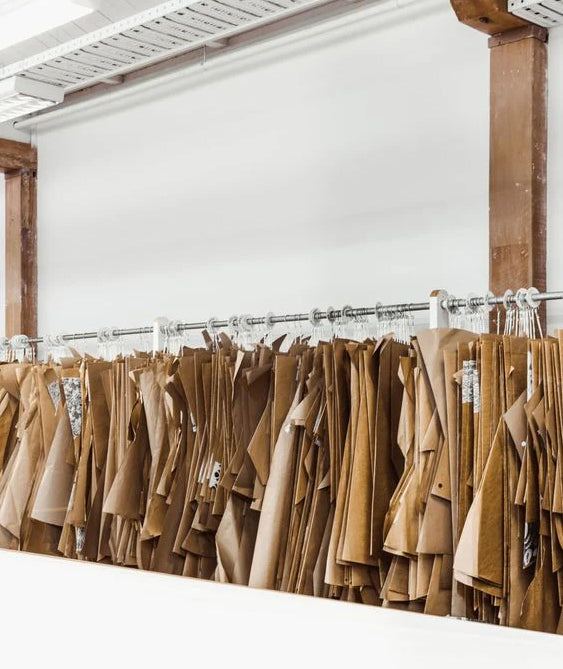Transparency
Do we question who is making a garment and how much that seamstress is earning?
Do we question the fabric? Is it natural, will it biodegrade and so on?
In order for the fashion industry to be more sustainable we all need to educate ourselves on where and how we spend our earnings. Whether we really want to know, or if we would rather turn a blind eye, ignorance is bliss, right?
Consumers need to reprogram their brains and subsequently their habits. There is a psychological pleasure associated with finding a good deal, and feelings of regret and missing out when we don’t. We each need to take cognizance of this and cultivate a sense of responsibility when it comes to our purchases.
Fashion will not be sustainable until people stop buying like they do. We need to educate consumers about the garments they are buying – we need to stop looking for a bargain and steer clear of ‘style-trends’, and instead opt for quality that will last.
In order to make informed decisions, we believe the consumer should know where the item they are buying comes from, where it was made and by whom.


material and sourcing
We source all of our materials locally from local wholesalers, excluding the materials used in our knitwear. We do not import fabric but the wholesalers we buy from do. Unfortunately the wholesalers do not provide information on the fabrics source or any information on the production process. We do however have confirmation that the fabric is made with natural fibres and we test the fabrics to assure they really are made with only natural fibres before purchasing it. We only use fabrics made with natural fibres, this includes rayon and Tencel, some are of the opinion that these fabrics are not natural fabrics because they are man-made. They are made with cellulose which is a natural fibre. You can read more about these fabrics here.
While natural fabrics are often considered more eco-friendly compared to synthetic ones, their sustainability isn't absolute due to various factors which are present in both natural and synthetic fabrics. Producing fabric is resource intensiveness it involves chemical processes, such as pesticides or dyes. Improper chemical management can harm ecosystems and workers' health. The use of water in the production and dying of fabric is high and the transportation of fabric contribute to carbon emissions and environmental impact.
Sustainability is a complex issue influenced by various factors throughout a material's lifecycle, from cultivation to disposal. While natural fabrics have their advantages, achieving true sustainability often requires a holistic approach.For more information on our fabrics click here.
certification and standards
There are several certifications and standards that a fashion business can acquire to showcase their commitment to sustainability, ethical practices, and quality.
Sitting Pretty is not certified because acquiring certifications involves substantial costs and resources. Certifications often require transparency throughout the entire supply chain. We are unable to trace all of our materials.


progress and challenges
We are constantly striving for better quality and spend quite a bit of time on this and instilling the importance of it during the production phase. Assuring we do not over produce is another aspect we focus on, we are proud to say we are getting better at hitting the mark every season.
The South African clothing industry, particularly in Cape Town, has faced significant challenges over the years, contributing to its decline. Historically, the sector was a prominent player in the South African economy, but various factors led to its downfall. Due to the decline of the local industry finding the right CMT factories is a one of the biggest challenges we face, and not because they don’t exist, it’s a quality control issue.
The very small factories do not take responsibility for the quality of the product they produce. We are unable to use bigger factories as the minimum order quantity is higher than the units we produce.
“Producing outside of the country will often result in a better-quality product as they’re more stringent on their quality control measures in their factories. But Sitting Pretty is a local brand, and it’s part of our business philosophy to invest in the local market.”
Emma Longden

The other challenge local designers’ face is finding natural fabrics. Organic suppliers are usually in Mauritius and India – but sourcing fabric from the latter will incur duties which affect the final selling price. And producers of organic cotton have a minimum order of 5000m of fabric - unless you’re in mass production, that’s a lot of wastage and unnecessary costs that are incurred. We would be sitting on reams of one type fabric for 7 years which does not make financial sense or sense in terms of evolving our brand and the styles we offer.
We made our knitwear locally until 2021, when we decided to move the production of our knitwear to Mauritius. The quality of the finished product and materials offered by our local knitwear manufacturer did not meet our standard. We attempted to move our knitwear to an alternative local manufacturer but this was sadly a failed attempt. Even though we are not able to produce our knitwear locally we are proud of the final product, the quality of our knitwear is exceptional and certified organic.
We do believe consumers are becoming more aware of where their garments come from and change is happening, more people are researching brands and want to know what they are doing about their footprint. But the final decision is often driven by price, and ethical fashion sells at a higher price point due to the often-challenging processes we need to follow. We need consumers to know how their garments evolve from an idea all the way through to their wardrobe.
